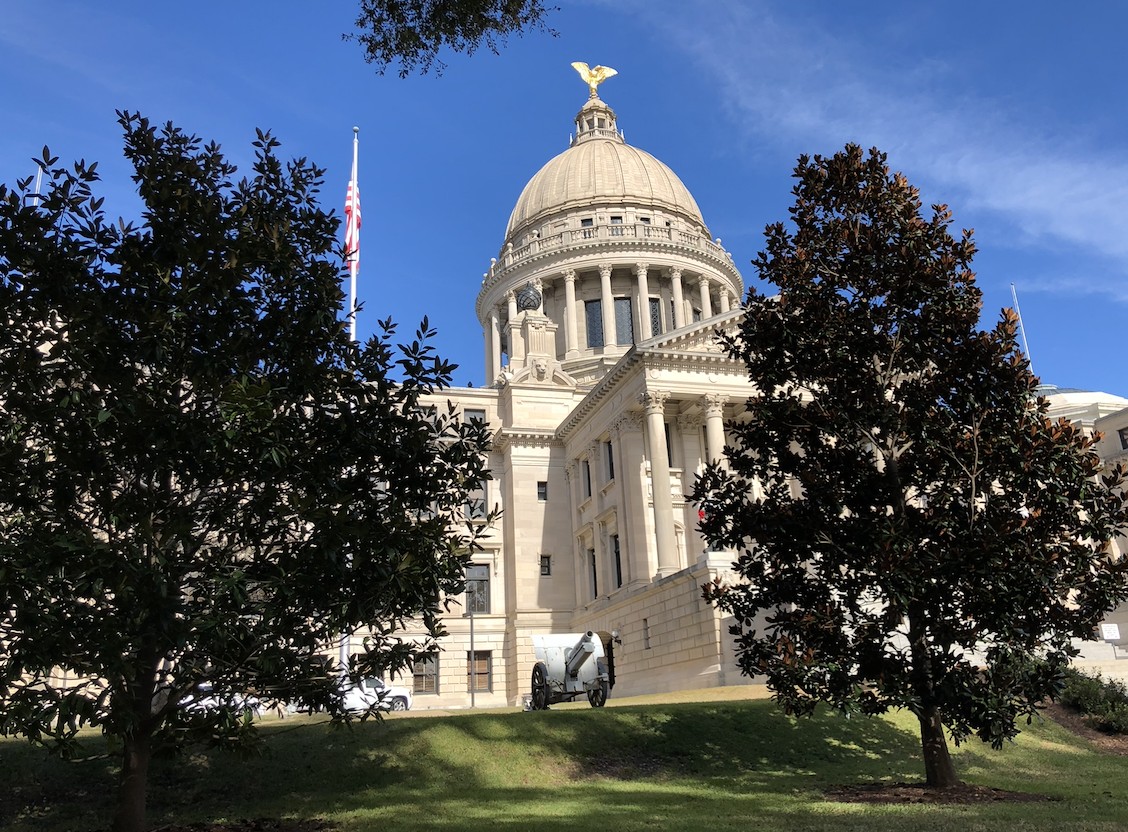Earlier this week, the Mississippi House of Representatives took a step toward improving rural broadband access in the state.
A bill authored by Speaker of the House Philip Gunn would allow rural electric cooperatives to offer internet service to their areas, in addition to their current services. A decades-old law has prohibited this action, but earlier this week, the House voted to pass a bill to change that.
The final vote on the House floor was 115-3, and the bill will now be taken up the Senate.
House Public Utilities Committee Chairman Jim Beckett explained to the body that each individual co-op would be able to decide if they’ll offer broadband, and customers will not be forced to pay for internet services.
The bill also seeks to ensure that power rates will not increase as a result of the newly offered services. The co-ops cannot use profits from energy to expand their broadband services. If a co-op decides to offer broadband, the bill states that they must conduct an economic feasibility study.
After the House passed the ‘Mississippi Broadband Enabling Act’, Gunn said that this is an issue that Mississippi must work to solve.
“I’m proud of the House for stepping up to provide a solution to our constituents who need and want access to broadband,” Gunn said. “We have put in a lot of work on this issue and had numerous meetings with all parties affected. The lack of access to broadband is a serious issue that touches people in all corners of our state. This legislation includes provisions designed to protect the ratepayer and provide transparency.”
In his statement, Gunn also provided the following highlights of the bill:
- Every Electric Cooperative of Mississippi (ECM) is authorized to provide broadband services via an affiliate company.
- ECMs cannot use revenue from energy sales to subsidize broadband ventures.
- Before broadband may be offered, each ECM must conduct an economic feasibility study and develop a plan showing how the ECM proposes to provide broadband service to its customer.
- ECMs cannot require any person to purchase broadband services, and the purchase of broadband services cannot be a condition to continuing to receive electric power service.
- ECMs must conduct an annual audit to ensure compliance with the law.
Mississippi is the only state that doesn’t currently allow co-ops to offer internet service.
Co-ops have existed in Mississippi for over 80 years, and Rep. Steve Holland discussed how important their original presence was to the expansion of electricity in Mississippi. He closed his remarks by stating that lawmakers have a chance to do the same thing for internet access in the large portions of rural areas in Mississippi today.
According to the Electric Cooperatives of Mississippi, the state has 25 co-ops and they energize a total of 94,200 miles of lines throughout a service area which covers 85% of the state’s land mass.
As for how a co-op is run, the ECM explains it in the following way.
“An electric cooperative is a democratic organization. It conducts annual membership meetings, at which the member/owners — the consumers it serves — elect a board of directors from among their membership. The directors elect their own officers and employ a manager to run the daily operations of the cooperative. Thus, employees are responsible to the manager, the manager is responsible to the board, and the board is responsible to the membership at large. As you can see, the customers of an electric cooperative — the member/owners — have the final say in the operation of the cooperative.”
One amendment was passed which stated that the bill would not infringe on the state’s two private electric utilities, and another requires customers to be notified of elections for local co-ops.
The bill was held on a motion to reconsider, and the discussion surrounding the bill will continue throughout the session.
According to the January 2019 Millsaps College/Chism Strategies State of the State Survey, 83% of voters back the plan to allow ECMs to offer broadband services.




